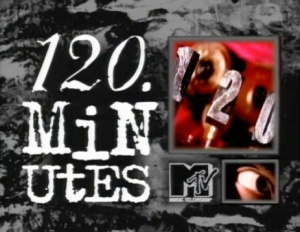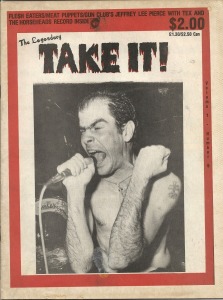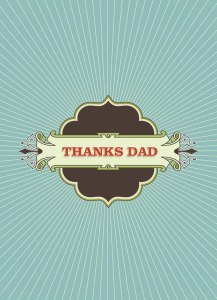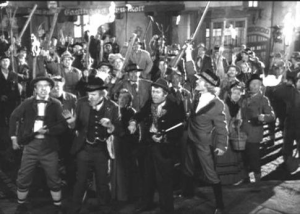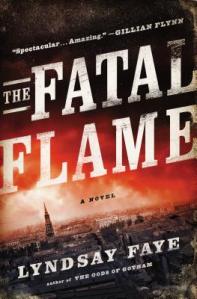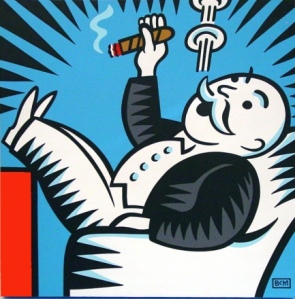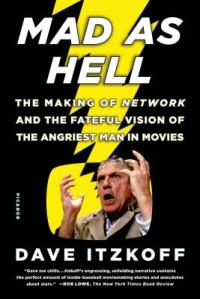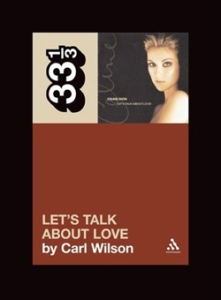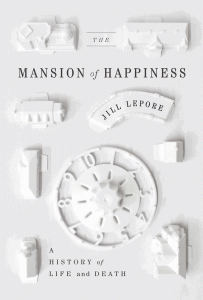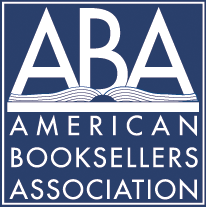 Books have always been there. As a young child, my father was always reading something. In my Monet-textured memories, it was always an impossibly long, serious-looking text by Herman Wouk or James Michener. My mother reads like she breathes, but I can’t conjure impressions of anything specific she read.
Books have always been there. As a young child, my father was always reading something. In my Monet-textured memories, it was always an impossibly long, serious-looking text by Herman Wouk or James Michener. My mother reads like she breathes, but I can’t conjure impressions of anything specific she read.
I had just begun elementary school when my parents got divorced. Living with my now-single father, my older brother and I embarked on the exciting new oh-so-‘80’s avocation of “the latchkey kid”. On what now seems (but couldn’t possibly have been) a daily basis, my brother, two-and-a-half years my elder, and I would take our quarter-mile walk down Louisiana highway 28, cars zooming and whooshing by, 50 miles-per-hour, rippling our shirts like flags. Our destination: the Shop-Mor. Our quarry: new comic books. We’d studiously scour the spinner display, bargain and negotiate with each other to pick out the maximum number of comics possible while leaving us with enough money for Hostess Fruit Pies and Dr. Peppers. Sometimes we’d share a soda if we couldn’t reach a consensus on the final comic selection and had to get them both.
 After making the return trip, my brother and I would sit on the floor, eat our snacks as he read aloud the new superhero adventures we’d selected that day. In my memories, he was always patient and engaged, taking time to define words I didn’t understand and making the effort to explain complex actions and motivations.
After making the return trip, my brother and I would sit on the floor, eat our snacks as he read aloud the new superhero adventures we’d selected that day. In my memories, he was always patient and engaged, taking time to define words I didn’t understand and making the effort to explain complex actions and motivations.
While were latchkey kids, my brother and I were never alone. Spider-man, Batman, Wolverine, Nightcrawler and the rest of the X-Men kept us company. Sometimes Iron Man was welcomed. Thor never.
Homework was never difficult for me. Well, *doing* the homework was a chore, but the assignments were rarely taxing. At a certain grade level—3rd, maybe 4th—I began to run into a random word or reference that I didn’t know.
I did what I knew to do. I asked my dad. His answer: “look it up.” Unfailingly. Every time.
I stopped asking. In the hazy, sepia-toned pre-Internet days, when Aristotle, Abe Lincoln and Albert Einstein roamed the earth side by side, the cream-with-forest-green trim and gold-embossed lettering World Book Encyclopedias answered my questions. Unfailingly. Every time.
Books had the answers.
As I got older, card catalogs, reference books and, then, primary texts were required for my school work. That comprised my reading. For fun, there were girls and video games, parties and movies, friends and MTV. The answers to the kinds of questions I had as a teenager seemed, at the time, unlikely to be found in books.
College rudely introduced a strange new calculus into my life: I was half as smart as I thought I was and I’d have to work at least twice as hard at school as I had ever previously. The reading required for my coursework seemed impossible. After some freshman year trial-and-error, I worked out a formula for success, figuring out which reading I needed to do and which I could skip.
My sophomore year, I met a kindred spirit who insisted I read Geek Love by Katherine Dunn. Wow. It literally made me see the world differently. It blew up some inherited beliefs about the world, redefined what I thought fiction could teach me and reignited a passion for reading. Margaret Atwood’s The Handmaid’s Tale, assigned reading for a class, had a similar impact.
Offred and Arturo Binewski (and Bigger Thomas and Ignatius J. Reilly and Owen Meany and others) guided a sheltered, parochial, small-town young man into a wider, complicated, amazing world of possibility.
Reading before bedtime was sacrosanct. It was ritual. As important to my son and me as teeth-brushing and Monkey (the stuffed monkey) locating. Goodnight Moon shone and waned. Ferdinand the Bull had his day in the sun, then retired to underneath the cork tree where he is still smelling flowers to this day. The Cat in the Hat and The Sneetches shared their tricks, starred-off and starred-on, returned to the beaches and that was that. Lemony Snicket’s Baudelaire children introduced serialized storytelling to my son, after which he quickly discovered platform 9¾ at King’s Cross Station where he was whisked away, solo, to Hogwarts.
The nightly reading ritual was no less important when my daughter came along. There were the classics from her brother’s library, but most loved of all was Sandra Boynton: Pajama Time, Birthday Monsters and, especially, Barnyard Dance. These were moments of reverie, pure joy.
But at the same time, my marriage was dissolving. We’d entered into a well-choreographed dance of resentment and evasion. Nothing was said, but much needed to be talked about. Much was said, but nothing was talked about. I avoided going home when I could get away with it. I worked too much, drank too much and slept too little. An ad hoc marching band took up residence in my head. My relief came at night, when the kids were in bed and I could escape into the world of Lisbeth Salander. Stieg Larsson’s series provided escape. His world was grim and dark, but the enemies were clear and, most importantly, the weren’t me.
My kids have learned in the last (almost) two years I’ve worked at Booksellers that Dad is always looking to foist books on them. I think they’re appreciative. At times I think they might find it too…insistent. I just want them to associate reading with pleasure (as schools are good at turning it into a joyless chore). If I can give my kids a gift, I hope it’s a love of reading. Their loneliness will be mitigated, Their boredom banished. Their passports stamped and curiosity unslaked.
I know how important books have been through my life. As company. As a resource. As a guide, an educator, and entertainer. As a forger of bonds. As escape.
Books have always been there.
So thanks mom and big brother. Thanks Peter Parker and Wolverine. Thanks Offred and Arty. Thanks Munro Leaf, Dr. Seuss and Sandra Boynton. Thanks J.K Rowling and Stieg Larsson.
Most of all, thanks, Dad. Answers can be found in books. I’m still looking it up.
Happy Father’s Day.

